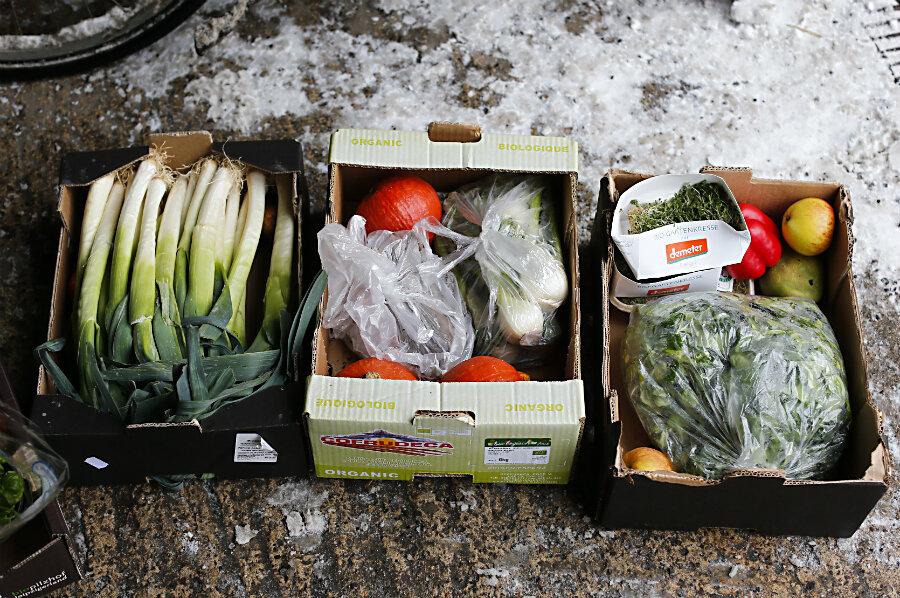New bill tries to dispel consumer confusion about food labels
Loading...
A national survey, conducted by the Harvard Food Law and Policy Clinic, found that 84 percent of consumers throw away food that is close to or past the date displayed on the label, and this disposal is often unnecessary. Currently, food date labeling is not federally regulated in the United States.
The Food Date Labeling Act, which was announced on May 18 by U.S. Senator Richard Blumenthal (D-CT) and Congresswoman Chellie Pingree (D-ME), seeks to curtail food waste and dispel consumer confusion by clearly differentiating between labels for foods which have reached peak quality and labels for foods which have become unsafe to consume.“If we reduce food waste by just 15 percent, we would be able to adequately feed 25 million hungry Americans,” says Pingree.
The bill develops a nationwide standard and regulatory framework for date labeling, using labeling terminology that is understandable and transparent for consumers. The proposed legislation also enables retailers to sell or donate food that has passed its quality date. Often, the dates on food labels do not accurately reflect the actual safety threshold of the food and can be misleading to consumers.
“Items at the grocery store are stamped with a jumble of arbitrary food date labels that are not based on safety or science. This dizzying patchwork confuses consumers, results in food waste, and prevents good food from being donated to those who need it most,” Blumenthal explains.
The U.S. Department of Agriculture estimates that 133 billion pounds of food are wasted at the retail and consumer levels of the supply chain. The Food Date Labeling Act draws inspiration and recommendations from research conducted by the Harvard Food Law and Policy Clinic, the Food Date Labeling Working Group, the National Consumers League, the Natural Resources Defense Council, and the Johns Hopkins Center for a Livable Future.
Emma is pursuing a master's degree in Agroecology at the Swedish University of Agricultural Sciences. Her thesis research investigates the conceptual relationship between local food policy councils and agroecology social movements.
This story originally appeared on Food Tank.





